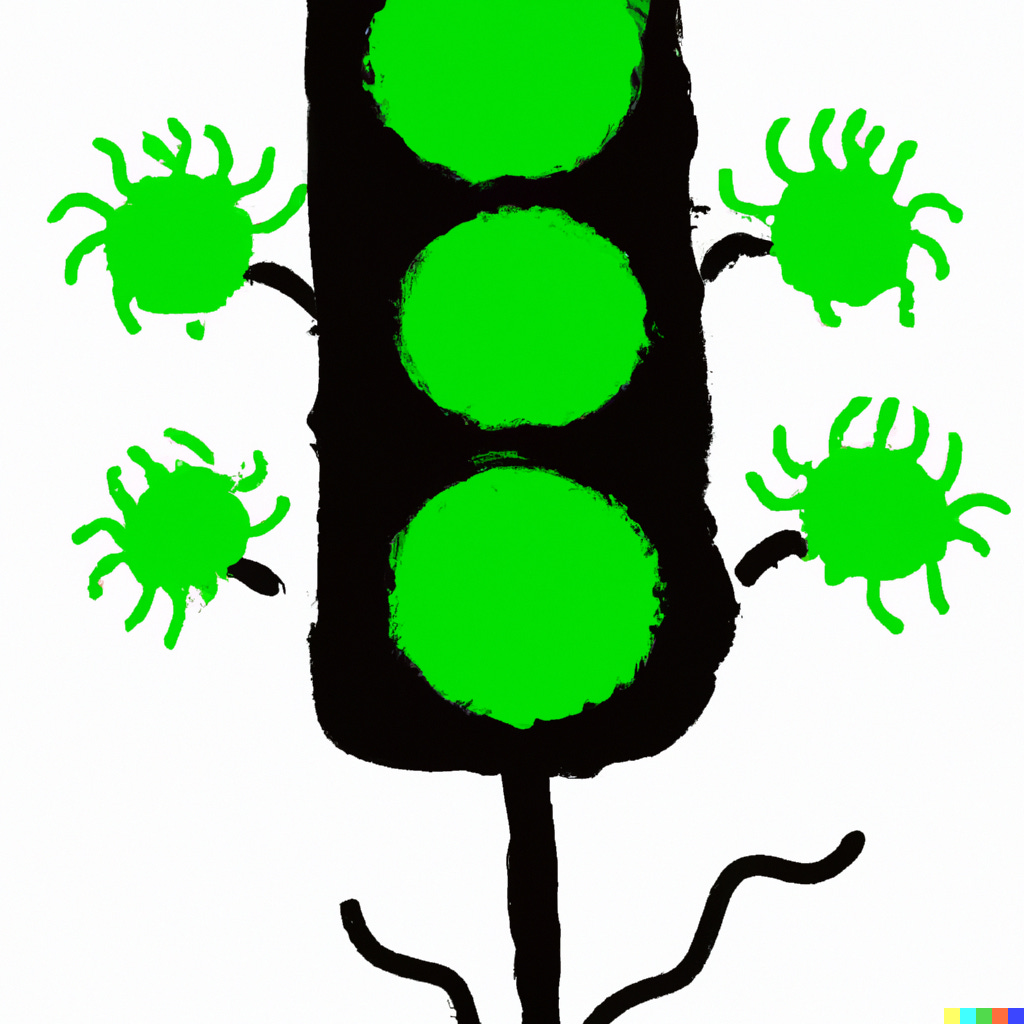Slouching into the end of the pandemic
I woke up on Friday thinking it would be a quiet day at work. I finished May 5th thinking it had some strong End of the Pandemic vibes.
— The World Health Organization announced that it was ending the global public health emergency for coronavirus, nearly 1,200 days after it was first declared, my colleague Adam Taylor and I wrote.
— CDC Director Rochelle Walensky announced her resignation, meaning that another major face of the national coronavirus response is shuffling off-stage, my colleague Lena Sun and I wrote.1
— It was Cinco de Mayo, on a lovely spring day here in D.C., and I saw crowds thronging local bars and restaurants in a way that I didn’t remember last year (and definitely didn’t see in 2020-2021), with hardly any masks to be seen.
Of course, these developments couldn’t come soon enough for many Americans — unhappy about the pandemic, tired of covid-era policies and the officials who oversaw them, and ready to move on with their lives.
But even if the pandemic is over, covid isn’t gone.2 Yes, severe cases and deaths have plunged, though some Americans are still getting wicked sick.
And the public health community is still grappling with an uneasy question: after a few years of pain, are we prepared for whatever’s coming next?
Friday’s busy news cycle brought more signs that we’re not ready.
— The White House hasn’t found anyone to run its new pandemic preparedness office, just days before it’s set to disband its covid response, my buddy Adam Cancryn scooped at Politico.
— The White House was privately warned by experts that there’s about a 20 percent chance of another omicron-level event in the next two years, we scooped a few hours later.3
Since this was my story (and this is my Substack!), I want to elaborate on this scoop a bit.
Essentially, omicron helped build a layer of immunity around the world, at no small cost, first through waves of illness and later vaccines designed to fight it.
So what happens if there’s another variant that — like omicron in late 2021 — comes out of nowhere and overwhelms defenses conditioned to fight the last variant? And what are the odds of that even happening?
As one of the experts who advised the White House told me:
“No one’s saying it’s zero. No one’s saying it’s 80 percent,” said Dan Barouch, an immunologist and virologist at Harvard Medical School.
“It’s more than an infinitesimal chance — and it is by no means a certainty.”
But in the short term, the White House coronavirus response is facing a bigger threat than a theoretical virus variant: Washington budget talks.
The Biden administration is trying to stand up several initiatives to offer some longer-term protections, like setting aside $5 billion to develop a next-generation vaccine program. Those initiatives are suddenly in flux: Republicans are looking to claw back billions of dollars in unspent covid funds as part of debt ceiling negotiations, saying that if the pandemic is over, these initiatives are unnecessary.4
You can read more about these developments at The Washington Post:
Disease experts warn White House of potential for omicron-like wave of illness
It doesn't bring much joy to report stories like these. Like so many people, I’m hopeful that the pandemic will continue to recede — not just the disease burden, but also the need to write about it.5
That moment hasn’t quite arrived for health reporters. Next week will bring another milestone: the U.S. ending its own public health emergency around covid, a decision with implications for patients and our health system. But it’s also a vivid symbol in its own right; if ending the pandemic emergency doesn’t carry End of the Pandemic vibes, I don’t know what does.
With Tony Fauci retired, and Trump officials Deborah Birx and Scott Atlas long gone, who’s the face now for Americans who remain unhappy about covid vaccines, the virus’ origin and other frustrations that haven’t always broken down along party lines? Does the average American know (or care) about acting NIH Director Larry Tabak?
As some CDC staffers, infected with covid at their own conference last week, were recently reminded.
This was originally slated for earlier Friday. The packed news cycle just kept pushing it back!
One more note here: Eric Topol was among the scientists polled by the White House, and he nodded to that conversation on his Substack back in March. This story was hiding in plain sight for weeks!
I have a notepad full of story ideas that have been piling up since 2020; as I’ve told friends and colleagues, if most of my articles this year end up being about covid, it was a bad year!



